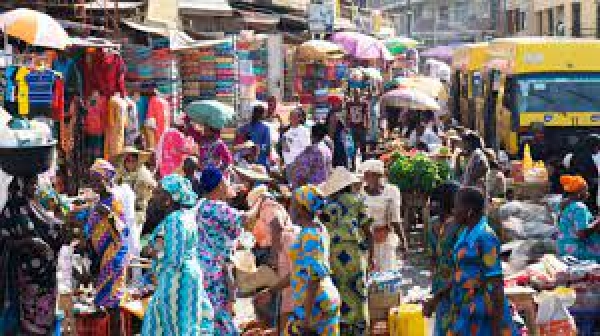The Conference of United Political Parties (CUPP) has expressed concerns over the recently announced 3.46% GDP growth rate for Nigeria in the third quarter of 2024, describing it as disconnected from the lived experiences of most Nigerians.
Chief Peter Ameh, National Secretary of the CUPP, made this known in a statement issued yesterday in Abuja.
He noted that while the GDP figures released by the Nigeria Bureau of Statistics (NBS) may seem promising, they fail to reflect the economic hardships marked by rising food inflation, unemployment, and decaying infrastructure.
Ameh stated: “The NBS recently announced that the country’s GDP grew by 3.46% in the third quarter of 2024. At first glance, this may seem like a positive development, but the reality on the ground tells a different story.
“The widespread hunger, starvation, unemployment, inflation, and crumbling infrastructure paint a picture of a nation in distress. It is alarming to see the stark contrast between the reported GDP growth and the harsh economic realities faced by Nigerians.
“The frequency of national grid collapses, worsening road conditions, and the depreciating value of the naira underscore the disconnect between the data and real-life challenges.”
Quoting Benjamin Disraeli, he added: “There are three kinds of lies: Lies, Damned Lies, and Statistics. This rings true in Nigeria’s case, as the government relies on statistical manipulation to create a false narrative of economic growth.”
Ameh attributed Nigeria’s economic challenges to a “defective political system” that enables incompetent and dishonest leaders to manipulate electoral systems, fostering corruption and mismanagement.
He stressed the need for urgent reforms, stating: “Nigeria needs comprehensive economic reforms prioritizing transparency, accountability, cost-cutting measures, and good governance. Investments in critical infrastructure, such as roads, electricity, and healthcare, are essential to creating an enabling environment for growth.”
Ameh concluded by urging the government to shift focus from statistical embellishments to actionable policies, emphasizing that only through genuine reform can Nigeria achieve inclusive and sustainable economic progress.
[Vanguard]


